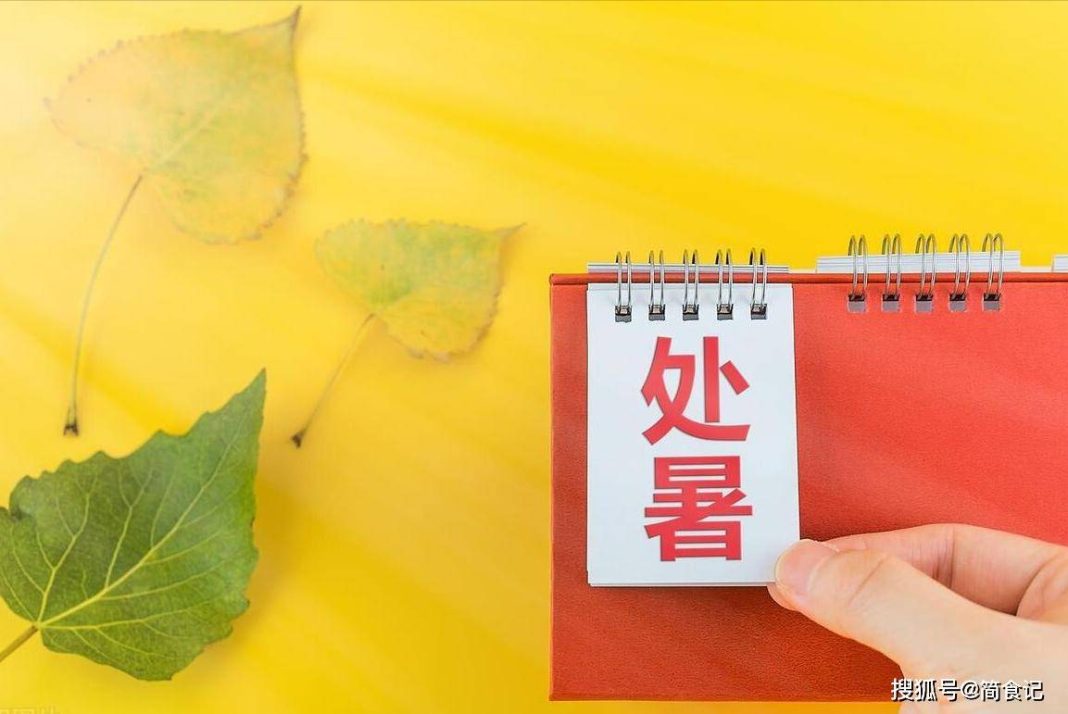Warning: This content is protected nationwide. Plagiarism, copying, or distribution is strictly forbidden, and infringement will be pursued.
Chushu, the 14th solar term in the twenty-four solar terms of the lunar calendar, typically arrives on August 23 or 24 each year, marking the gradual end of the high-temperature period of summer and the slow onset of the cool season of autumn.
Chushu means “the heat departs,” indicating the end of the hot summer season. It signifies a gradual drop in temperature, especially in areas north of the Yellow River, where the temperature difference between day and night increases, allowing people to noticeably feel the autumn chill. At this time, rainfall gradually decreases, humidity in the air decreases, and the weather becomes dry. In southern regions, although there is still a considerable amount of rain during Chushu, it has decreased compared to summer, with temperatures gradually dropping to between 25℃ and 30℃. In northern regions, the temperature is even more pronounced, typically ranging from 15℃ to 25℃, with a stronger sense of autumn in the air.
Health preservation during Chushu is very important.
1: Strengthening the spleen and generating fluid with less “fat accumulation”: During Chushu, the weather is relatively dry, and dryness can easily harm lung fluid. Therefore, it is advisable to eat more foods that nourish Yin and moisturize the lungs, such as honey, pears, citrus fruits, and pomegranates, all of which have a lung-nourishing effect. In addition, consuming more fresh fruits and vegetables to prevent autumn dryness is encouraged, such as tremella, lilies, lotus seeds, almonds, millet, black sesame, black rice, legumes, and dairy products.
2: Increase salty flavors and reduce spicy foods: Diet should focus on benefiting the kidneys and nourishing the liver, as well as moisturizing the lungs and nourishing the stomach. It is advisable to eat more salty foods like water chestnuts, shatanghua, and kudzu, which help strengthen the spleen and stomach; while spicy foods like ginger, scallions, garlic, leeks, and fennel should be consumed sparingly to avoid excessive stimulation that harms fluids and consumes energy.
3: Drink more water: To combat autumn dryness, one must nourish Yin, which primarily involves retaining moisture. It is recommended to drink a glass of warm water after getting up in the morning, as it can promote intestinal movement and prevent constipation. However, be cautious to avoid drinking cold water to prevent damage to the spleen and stomach.
The period of Chushu marks a transition from heat to coolness; the Yang energy in nature shifts from diffuseness to convergence, and the Yin and Yang energies within the human body also undergo a transition. At this time, one should go to bed early and rise early to ensure sufficient sleep, which should be an hour longer than in summer. Early sleep can avoid the harsh autumn atmosphere, aligning with the season’s storage, aiding in the expansion of lung energy, and nurturing autumn’s harvest energy.
There is a saying in folk culture: “Spring bundling and autumn freezing prevent miscellaneous diseases.” After Chushu, the temperature gradually decreases, but there is no need to add clothing too early or excessively. Allow the body to properly acclimate to the autumn coolness to promote metabolism and enhance immunity. However, be mindful that the cold is stronger at night and wear extra layers when going out to prevent chilling. After Chushu, as the weather cools, attention should be paid to keeping the navel warm, and dietary adjustments should also be timely. Around the Chushu period, no matter how busy you are, don’t forget to eat the five “firsts”; eating in season is healthier and more comfortable as you enter autumn!
1: The first gourd, pumpkin. As a seasonal vegetable of autumn, pumpkin not only tastes sweet and is rich in nutrients but also carries a strong seasonal charm.
During Chushu, this transitional period from summer to autumn, temperatures gradually cool, and the air begins to become dry. The vitamin A and vitamin E abundant in pumpkins can effectively nourish the skin, helping the body adapt…


